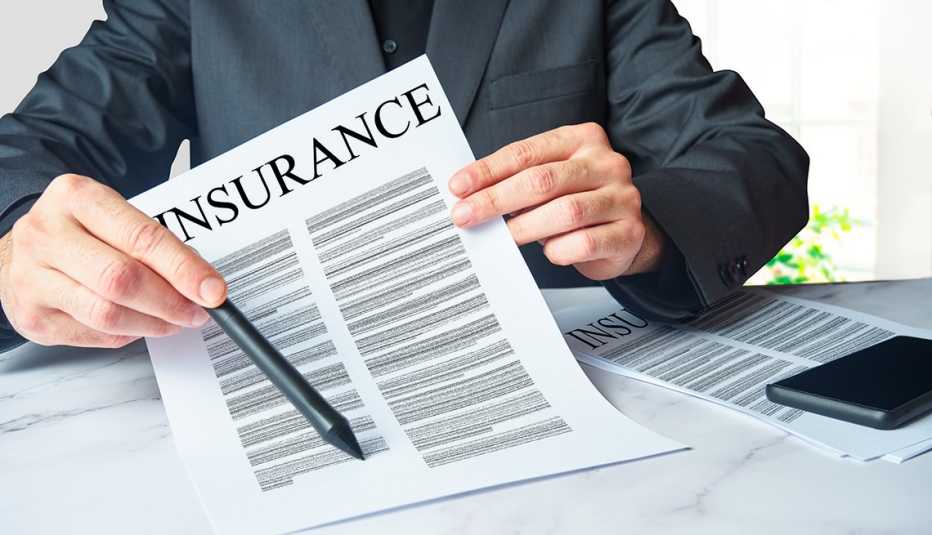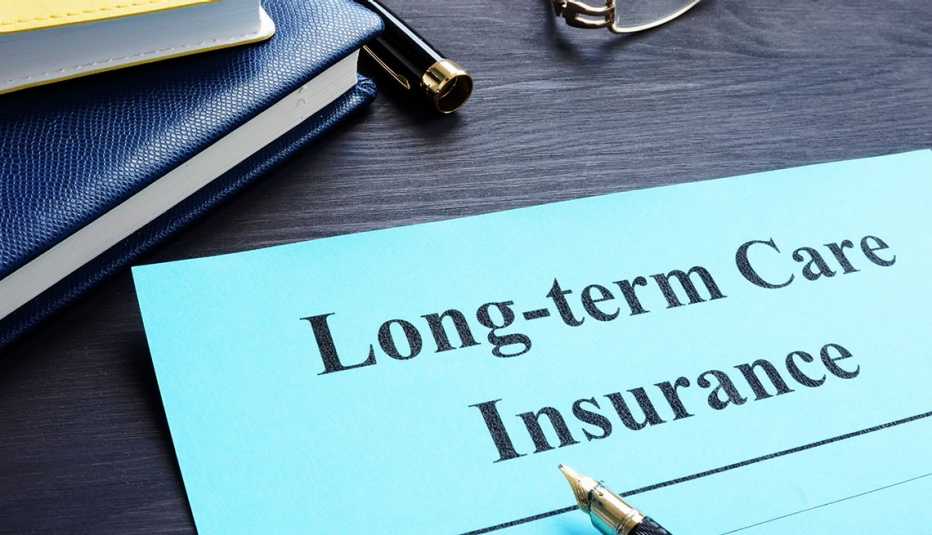Staying Fit
The main purpose of buying life insurance is to provide a lump sum of cash to your loved ones when you die — but the right policy can offer far more than that.
There are two main types of life insurance: term and permanent. Term life costs considerably less, but it only lasts for a set period, such as 20 or 30 years, and provides only a death benefit, which your survivors get if you die during the policy term.


AARP Membership— $12 for your first year when you sign up for Automatic Renewal
Get instant access to members-only products and hundreds of discounts, a free second membership, and a subscription to AARP the Magazine.
Permanent life insurance, which includes whole life and universal life, remains in force your entire life — and it offers numerous features and options that can be strategically utilized to boost retirement security while you’re still alive, as well as aid your beneficiaries when you’re gone.
Here’s a look at some lesser-known benefits of permanent life insurance.
1. Get cash now
Unlike term insurance, permanent life insurance offers a savings component, one that increases in value over time.
“One of the biggest benefits of permanent life insurance is that, as a policy matures, the cash value grows and that cash becomes easily available for any reason,” says Lyndsey Monahan, a chartered financial consultant and founder of the Dallas-based financial planning firm Women Inspire Wealth.
You can borrow against the cash value of a permanent life policy — in effect, loaning money to yourself — or make a withdrawal, which does not need to be repaid.
Consider the difference if you were to go to a bank for cash or a loan: You’d have to make lots of financial disclosures and qualify for the money. Not so when you tap the cash value of life insurance. “Not a lot of questions get asked, and there’s no application for it,” Monahan says.
There are potential downsides to accessing your policy’s cash value. Any withdrawal, or any loan balance still outstanding when you die, reduces the benefit amount left to your heirs. Also, if you opt to cancel the policy, you can receive the accrued cash value but may have to pay a fee, known as a surrender charge.







































































